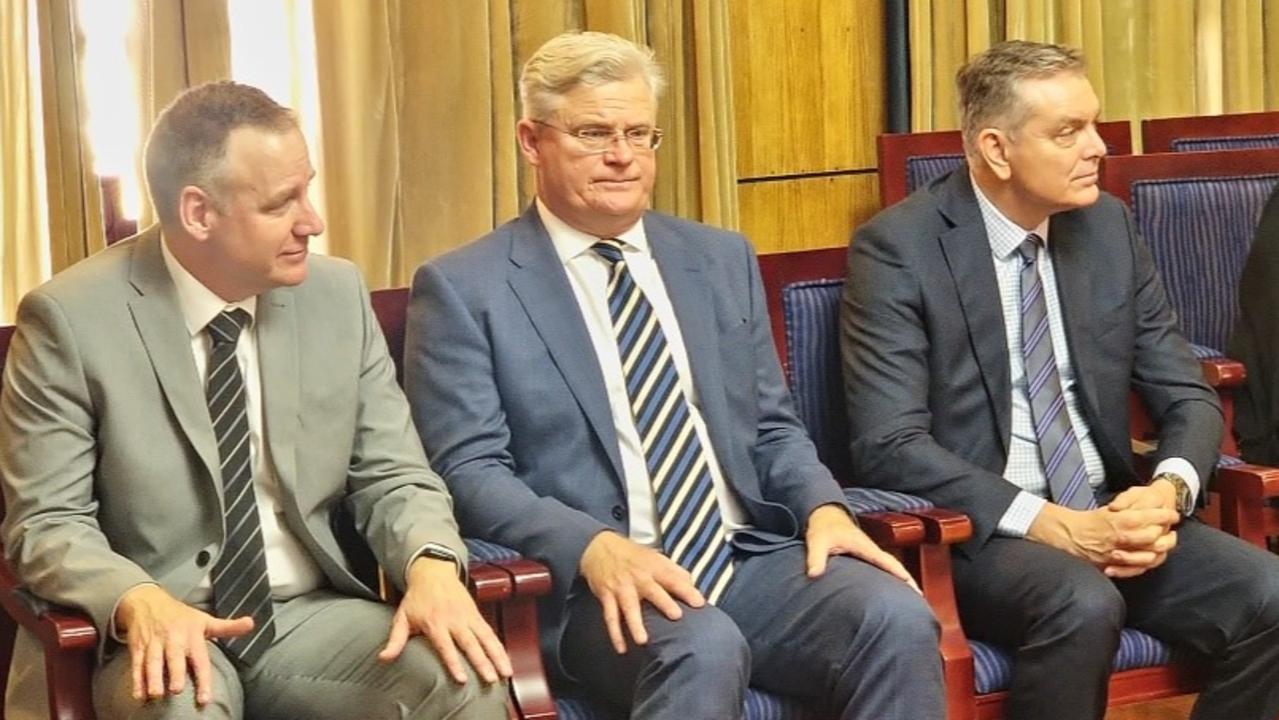‘Out on a limb’: Putin’s fatal mistake exposed
For two decades, power plays have been Putin’s specialty – but his latest move has accidentally revealed something he’s fought to keep quiet.

President Vladimir Putin may be a master of deception. But his empire isn’t what it seems to be. Take away the smoke and mirrors and the former KGB agent has feet of clay.
Russia is always in the news.
Russia has intervened. Russia has supplied. Russia has killed.
But, when we say Russia, we mean Putin.
He controls Russia’s four major parliamentary parties. He owns the regional governors. His henchmen run the banks and big companies.
His kleptocracy – government by the corrupt – has cancerous control of the courts, police, media, military and education systems.
And yet, Putin is anxious.
He’s out on a limb.
He appears to be at the pinnacle of his power. He dominates the world stage. He has an extraordinary relationship with the President of the United States. His troops filled the power vacuum in Syria after a US retreat. His influence extends as far afield as Iran, Venezuela and Taiwan.
But, if the 66-year-old and his family are to remain healthy, wealthy and alive, he needs power.
That power has a time limit.
He’s constitutionally limited to two terms as President.
But Putin’s not ready to go.
So he’s just shocked his own government by introducing the most dramatic changes to Russia’s constitution since 1993.
He wants to divest power from the presidency to the parliament in Moscow. It will be put in the hands of the State Council, and the prime minister that leads it. Putin wants the power to pick whom that prime minister will be.
Russia’s entire government immediately quit once Putin floated the idea.
That’s not necessarily a bad thing for Putin.
He’s replaced his old – but discredited and unpopular – henchman Dmitry Medvedev as prime minister with the little-known, but very loyal, taxation office head Mikhail Mishustin.
For now, at least.
THE TYRANT’S TRIBULATIONS
President Putin’s “tough-guy” act is getting old. So too is the president himself.
Plastic surgery may be deferring its appearance. But is age wearying him?
The passage of time is undoubtedly worrying him.
Russia’s constitution only allows him to stay in power until 2024.
Not that the constitution means much. But it does sate Putin’s deep desire for political legitimacy. He may have arrested and intimidated all opposition into oblivion. Appearances, however, are everything for the former spy.
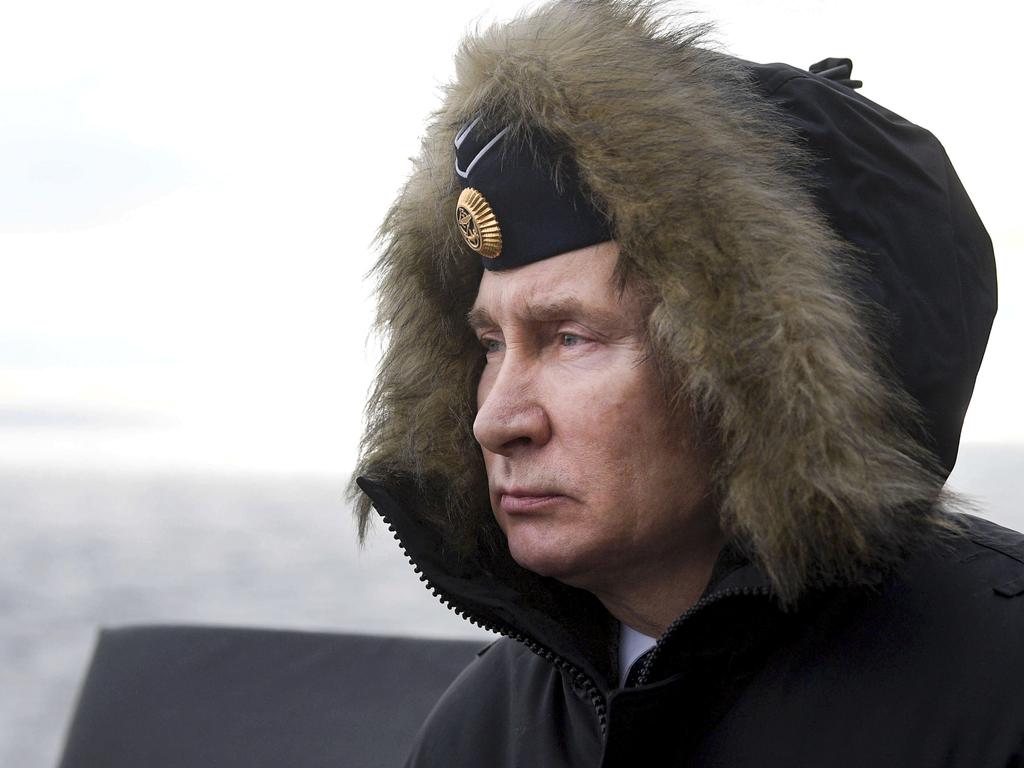
After more than 20 years in power, his smoke is dissipating and his mirror tarnished.
Chants of “Putin resign”, and “Free Russia of Putin” sounded out through central Moscow last year as a series of rallies vented public frustration at rigged elections. Riot police responded quickly. But the message of the crowds struck home.
Putin’s cheerful grin has been less prevalent. His carefree wave isn’t appearing in as many stage-managed adventure photos.
“The Putin regime itself can be understood as a hybrid,” Russian anti-corruption lawyer and opposition leader Lyubov Sobol told Australian Strategic Policy Institute.
“Formally, Russia has a constitution that guarantees the rule of law, upholds the separation of powers, establishes an independent judiciary, and vests ultimate authority in the people. But, in reality, the Russian people have no influence over the authorities; all branches of government answer to Putin and his inner circle.”
The problem is, President Putin’s no Chairman Xi.
In the authoritarian strongman stakes, Putin must balance the ever-increasing demands of the corrupt systems he has established. It’s quid-pro-quo, or out he goes.
And keep his people quiet.
While Russia is effectively a one-party state, China is built as one from the ground up.
Putin’s oligarch allies have a vested interest in his power. But only for as long as he remains powerful.
Xi has complete power over China’s oligarchs. They know what Xi gives, Xi can take away.
Putin built his power on a thick tapestry of lies, promises, fear and charisma.
Xi has built all-pervasive surveillance, rigid doctrine and centrally-controlled economy.
Putin needs political legitimacy.
Xi has declared himself supreme leader for life.
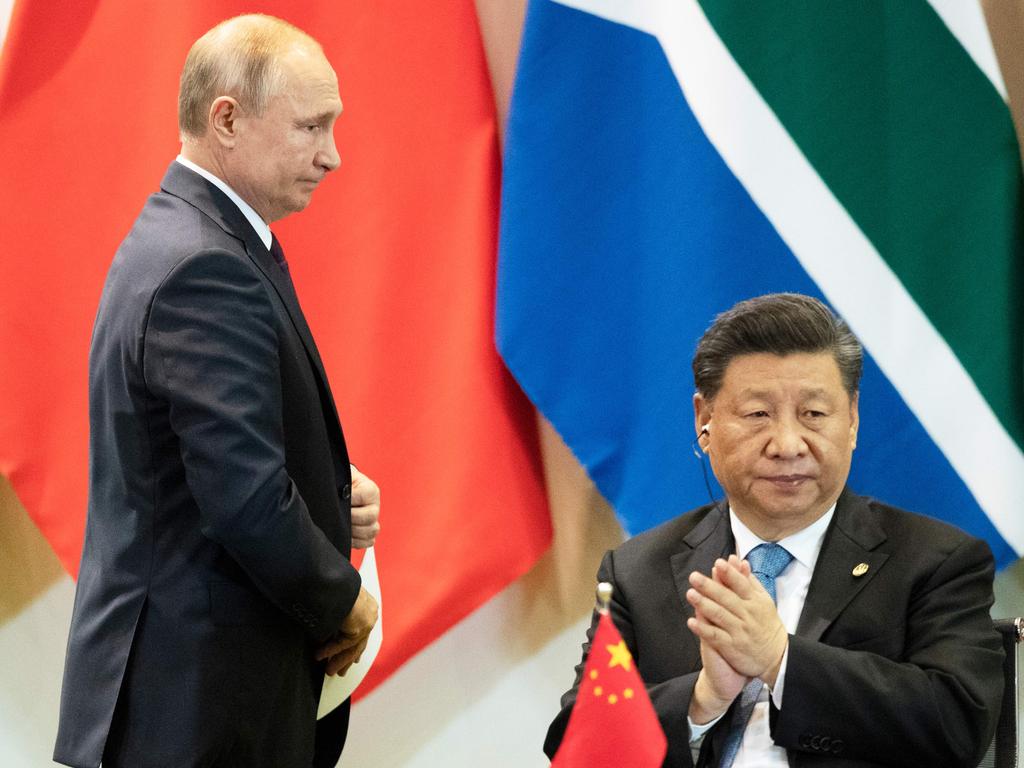
DYSTOPIAN DREAMS
In August, Russian opposition leader and anti-corruption lawyer Alexi Navalny was arrested, and his house searched. The Moscow protests were in full swing.
“The authorities reacted to these protests with a wave of repression, detaining several thousand people and filing criminal charges against pro-democracy groups,” Sobol says. “Night searches were carried out in our houses, and dozens of people were jailed.”
Then, Navalny suddenly fell seriously ill.
He had suffered an “allergic reaction” that produced “severe facial swelling and red rashes on the skin”, police said.
It was classic Putin playbook stuff.
Implausible deniability.
Putin wants people to know he will hurt them if they oppose him. But blatant lies give him diplomatic wiggle-room.
It’s why the Russian nerve-agent Novichok was used to poison former Russian military officer and UK double-agent Sergei Skripal and his daughter in 2018. It was an open threat to all who may oppose him. But there were just enough smoke-and-mirrors to support Kremlin disinformation campaigns.
Now, Putin’s realised such bullying isn’t enough.
He’s been inspired by Chairman Xi.
Putin’s racing to cement his grip on power in similar ways.
Russia is working to separate its internet from the global network. The excuse is national security. But the cause is a desire to control and monitor national conversations – like in China.
In 2019, Putin passed a law defining anyone who shares foreign media speaking against him as a “foreign agent”. If you insult him, you can be punished – like in China.
Peaceful protesters are being arrested – like in China. Putin has voiced his excuse: “He tosses a plastic cup at a representative of authority. Nothing happens. Then a plastic bottle — nothing happens. So he’ll toss a glass bottle, then a stone, and then people will start shooting and looting stores. We must not allow this kind of thing.”
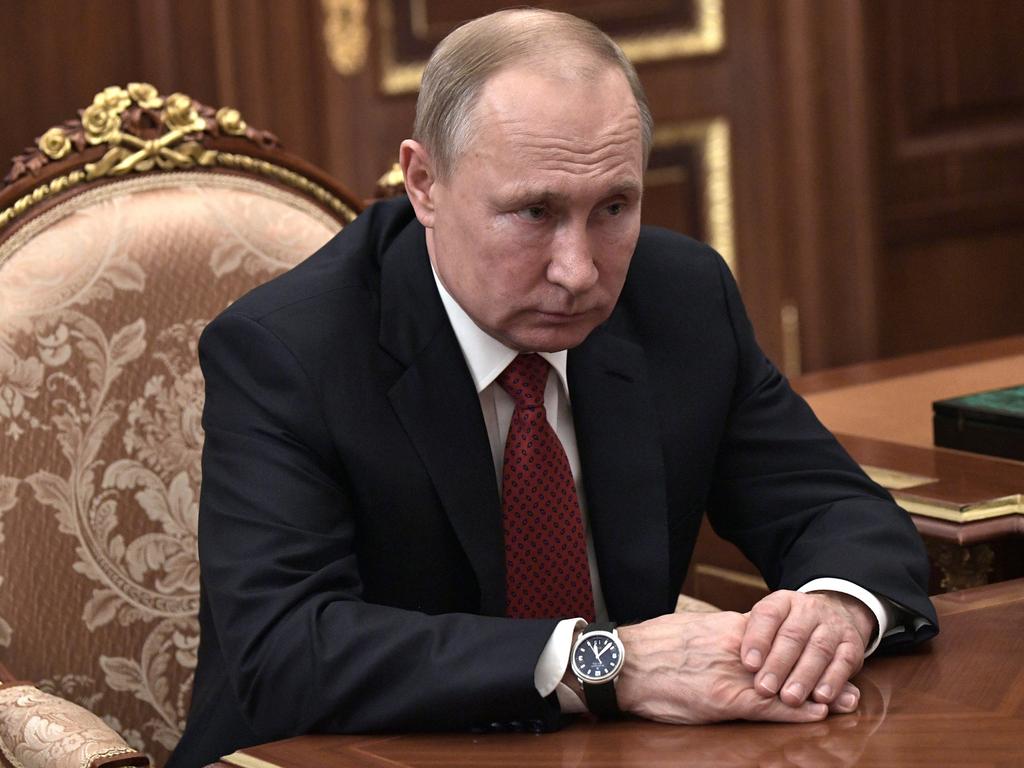
THE PEOPLE PROBLEM
Putin has proven he can intimidate some of his people some of the time. But can he scare all of them, always?
“Russia is embodied by its 146 million citizens, most of whom just want to live in a civilised world, and in a country where freedom and human rights are respected and upheld by credible independent institutions,” Sobol writes.
That’s Putin’s problem.
Upon taking power in 1999, he quickly neutralised competing politicians, governors, bureaucrats and corporate oligarchs.
Putin deliberately left the public alone, which is why he’s remained remarkably popular during his two-decade reign. Despite all the blatant corruption.
But the signs are this is wearing thin.
“Outside observers might think that the current government has the support of the population. But it isn’t so,” Sobol says. “The mass protests in Moscow and other cities in 2019 show that while formal power remains in the hands of Putin and his party, Russians are ready to assert their rights and demand democracy.”
Putin’s been forced to order popularity polls rewritten. He must be seen to be loved.
“I myself ran in elections to the Moscow City Duma,” Sobol says. “Independent, democratically selected candidates were barred from running on the basis of absurd trumped-up charges, such as allegations of forging petition signatures to qualify for the ballot …
“Having been denied their choice of elected representatives, Muscovites by the tens of thousands took to the streets.”
The master manipulator’s message is no longer getting through.
For much of the past 20 years, Russia’s economy had been good for the general populace.
While Putin reaped the benefits, he did nothing to sow the seeds of success.
Rising oil and gas prices drove the economy far higher than any economic policy.
But things have changed.
PRESSURE COOKER
Russia has been under international sanctions since the invasion of Crimea and Ukraine, incomes have declined. Oil prices have also fallen.
Now, some 20 million Russians are living under the poverty line.
Putin’s been forced to cut pensions and raise the retirement age. Austerity measures are creeping through the entire economy.
But Russians have had a taste of prosperity. Now they’re watching it pool in the hands of a corrupt elite. This, more than anything else, powered the 2019 summer street protests in Moscow.
Putin’s long-term plan to head-off internal dissent has been to divide and conquer.
Troll farms, disinformation agencies and state-controlled media opened up divisive social and cultural issues at home as abroad.
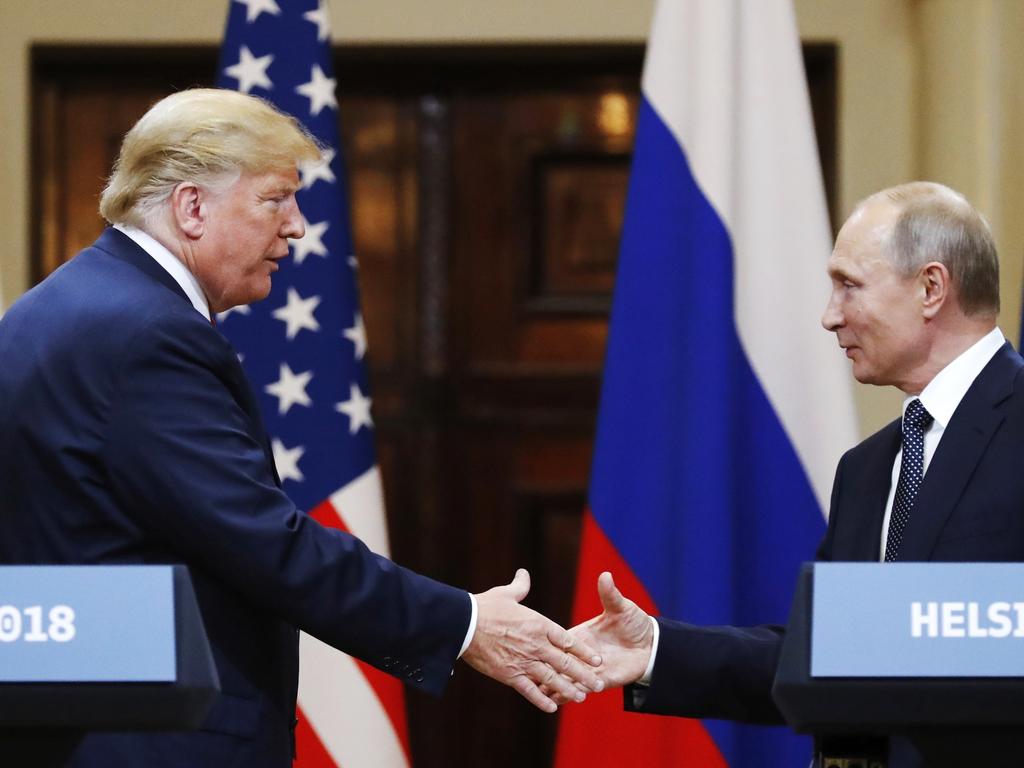
Nationalism. Homosexuality. Race. Religion. Migration. All empower supporters of his regime. Everybody else was compelled to conform.
It worked, at first. Putin’s approval ratings soared in 2012, and again after the annexation of Crimea in 2014.
But things are changing.
Disinformation and mindset-manipulation can’t combat economic reality.
Russia’s budget is in severe trouble.
Putin’s United Russia party was once virtually unopposed. Last year, it started suffering some serious electoral defeats.
And the violent arrests of 2500 in Moscow’s streets show the Kremlin is beginning to realise smoke-and-mirrors no longer cut it.
RUSSIA AFTER PUTIN?
Putin has repeatedly said he’d happily retire to farming once his term ends.
Nobody believed him.
Tyrants don’t have that luxury.
They upset too many people. Payback’s a b**ch.
And successors always resent even the barest hint of meddling.
So, can Putin survive not being loved?
He’s about to find out.
Parliamentary elections are due in 2021.
And, Sobol argues, he has already lost the popular support he so loudly trumpets: “Putin has come to rely heavily on this myth, long a staple of state propaganda at home and abroad. Free and fair elections in Moscow would have given the lie to his claim to legitimacy, and the other regions across Russia would have taken note of what was happening in the capital.”
The book Putin v the People by Graeme Robertson and Samuel Greene argue his popularity, until now, has been “the only thing holding the ship together”.
“When position and power depend heavily on the citizens – on their reading of their social surroundings, their sense of consensus, and the breadth of their imaginations – this support can disappear almost overnight. Putin’s power will crumble when we least expect it.”

CHANGE IS INEVITABLE
Putin needs change. But that change must not change anything.
He’s already tried the President-Prime Minister swap game. It didn’t turn out so well.
So tweaking the constitution to create a new leadership position is appealing.
Constitutional reform with the appearance of divesting power to the parliament gives Putin someone else to blame.
It’s a popularity game, after all.
“If Putin understands that, and I suspect he does, his persistent inability to improve his ratings must be an important factor in his thinking ahead to 2024,” writes former Russian media entrepreneur Leonid Bershidsky.
“Should he try to stick around by some trick, or should he try to hand over power to a trusted successor, as he did with Dmitry Medvedev in 2008?”
That may be the template for what he is attempting now.
If this fails, Putin has just one route left to maintain the appearance of legitimate power.
The Kremlin has been pressing Belarus to merge with Russia for some time. Putin would become president of this new political entity under a new constitution.
Belarusian President Alexander Lukashenko hasn’t been keen on the idea.
If the constitutional change fails, there’s always the option of an outright dictatorship.
“Keeping (his) enforcement apparatus well-funded and devising a way to cling to power after his term ends appear to be Putin’s best option (if) he, his family and friends are to live happily beyond 2024,” Bershidsky concludes.
“Putin would no doubt prefer being loved for his successful economic policies, but if this year is any indication, that’s the least likely scenario of all.”
Jamie Seidel is a freelance writer | @JamieSeidel

